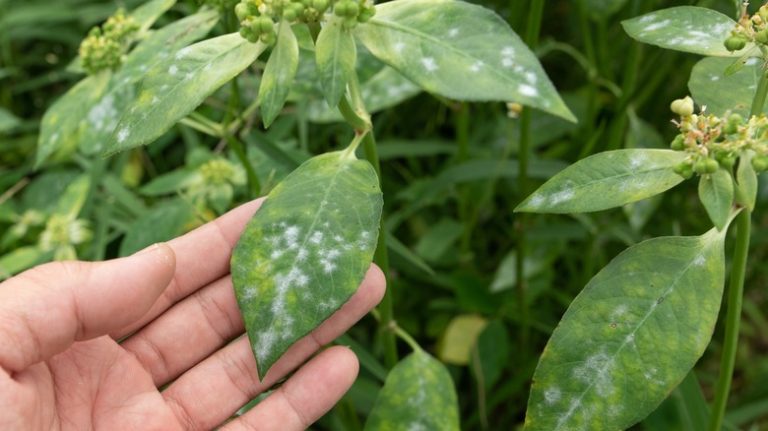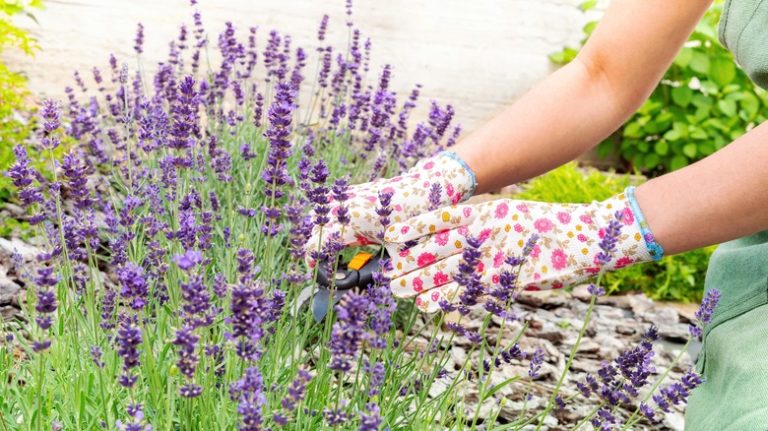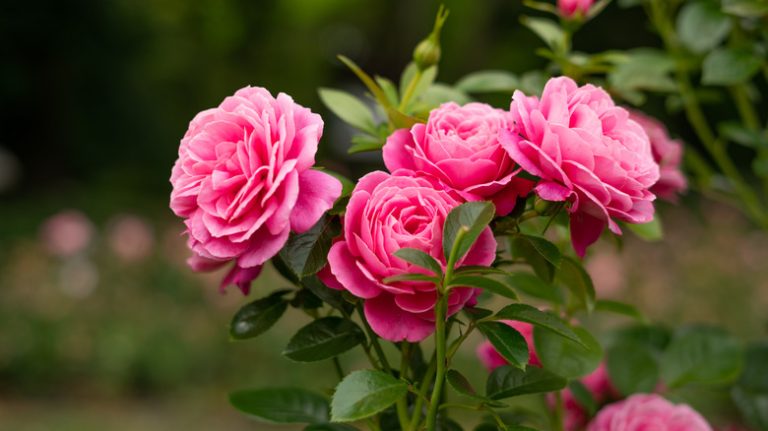Do you have a big coffee can in the garage full of old, rusty nails? If so, you may want to use a few of them to give your lawn a boost. Using rusty nails, you can create iron-rich water to use on your lawn, giving the surrounding blades of grass an important nutrient for growth and development. You can use them in potted plants, your vegetable garden, and throughout the lawn to create this type of nutrient boost. Using iron-based nails can also help encourage fruit production when used near your fruit trees.
The grass, like most plants, needs iron to grow, and without iron, it may develop a deficiency that causes yellowing and thinning of the blades. Your grass may seem to be weak and perhaps not fill out as much as you would like. Typically, the solution is to add an iron-based lawn fertilizer to supplement the soil that’s there. However, these fertilizers can be expensive and can create an overabundance of iron that washes away into the groundwater if not used correctly.
You may be wondering how you can use rusty nails to support your lawn’s growth. After all, placing a few into your yard sounds like it could be a scary adventure next time you cut the grass. However, there are a few tricks that can make this process very easy and efficient for you.
Why your lawn needs iron
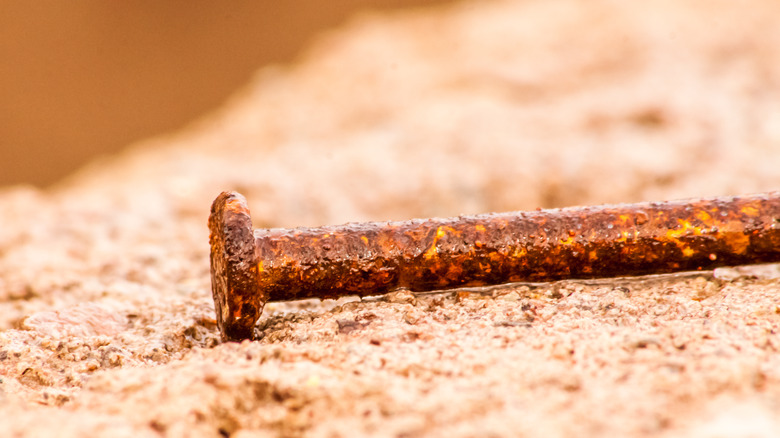
Your lawn needs some access to iron, which typically comes from the soil. It helps to provide these tiny plants with the nutrients needed to help the chlorophyll production process, which is what helps them to green up. Chlorophyll creates a beautiful color and supports the plant’s ability to absorb energy from the sun during photosynthesis. The energy captured from the sun’s rays is stored in the grass’s molecules until needed. Then, during photosynthesis, that energy allows the plant to take carbon dioxide and water and create glucose, the energy the plant uses to grow.
Without enough iron, your lawn may have more of a yellowish look to it compared to that of the neighbor’s, and that’s often the result of iron chlorosis or a high level of iron deficiency. It’s a misconception that simply adding a fertilizer that has iron in it is good enough. The problem with this occurs when the soil is acidic, as that makes it much harder for it to absorb the added iron. If you decide to add iron to your lawn, do so without a heavy dose at first, as is common with a granular iron fertilizer. Too much iron causes damage as well.
That’s why using the rusty nail in water trick works so well. It provides the soil with the nutrients it needs in slow-and-steady access without overwhelming it.
How to use rusty nails for iron supplementation in your lawn
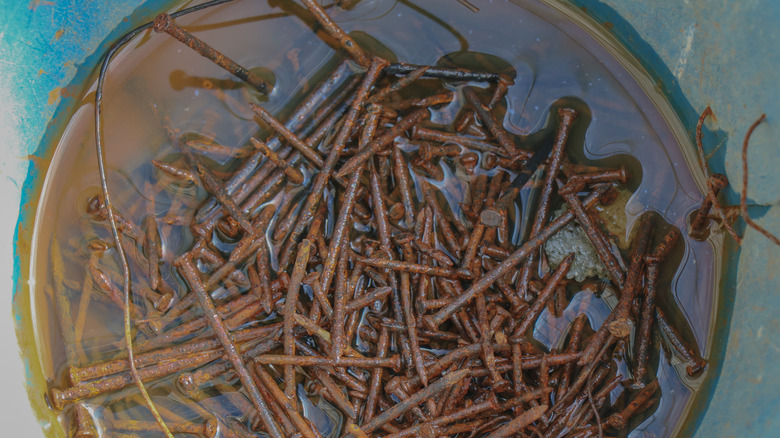
As noted, sticking a bunch of iron-covered nails in your lawn is not a good idea because of the risk of injury. Instead, for your grass, place rusty nails in a tub of water. You’ll need about the amount of water you would typically use to water your lawn. Try this method in one location first to see if it helps before applying it to the entire lawn.
Choose nails you know have iron in them, often notable by their reddish coloring. That’s iron oxide, the material that forms when iron and oxygen mix. If you have enough, cover the bottom of the container with nails. However, even a handful will help. Allow the rusty nails to remain soaking in the water for four to five days. This should create a tea-like coloring in the water. Then, use this water on your lawn.
Be careful with this process, as you do not want to create a puncture wound on your skin. Wear tear-resistant gloves when touching the nails or place the nails into a two-pail system, with the first having a few holes in the bottom. That way, when you’re ready, you can lift out the top container with all of the nails while the iron-heavy water drains to the second. If you’re not sure if your grass needs more iron, consider a soil test. You can even make a DIY test for soil to check its nutrient levels.

